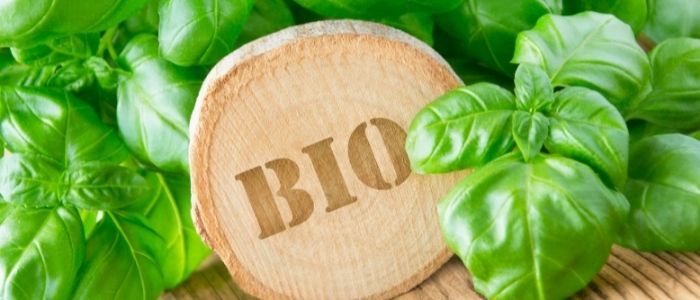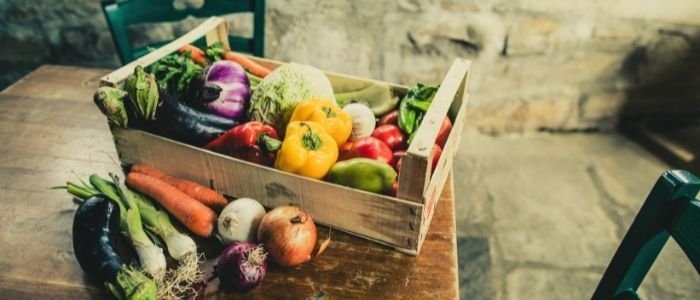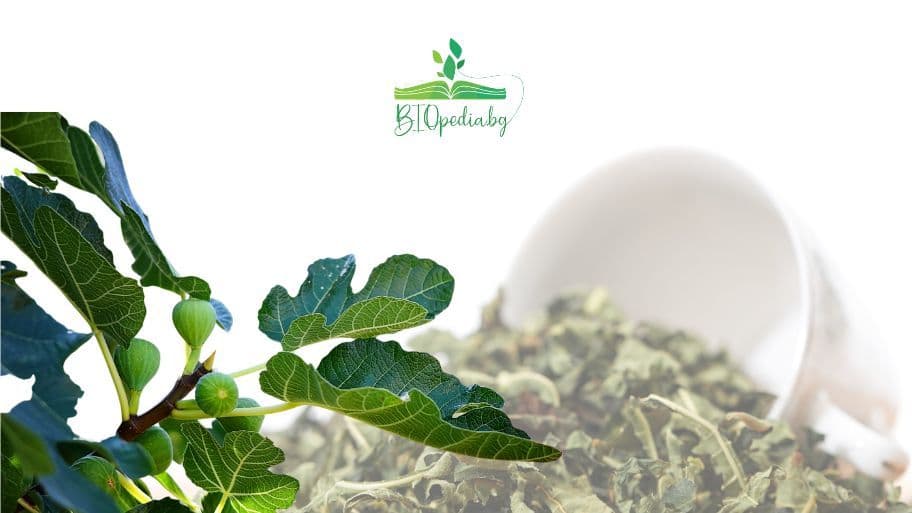- Meaning of the word bio - what does it actually mean?
- Meaning of the word organic - what does it actually mean?
- Meaning of the word organic and its contribution to nature conservation
- Meaning of the word organic - how does it fit into our everyday lives?
- Is the meaning of organic and rural fruit and vegetables the same?
We see it everywhere - on food packaging, cosmetics, household cleaners, all kinds of advertisements. The word organic seems to be written on every second product label as if by obligation. But what is the real meaning of the word organic? This is what you will learn in the material of"mybiopedia.com".
Are we interpreting this nowadays so popular word correctly? And is there a danger of falling into an advertising trap, thinking that we are specialists in the meaning of the word organic?
Meaning of the word bio - what does it actually mean?
We can all agree - in the daily stream of information online that we get into every day, the chances of coming across words like "organic", "eco", "natural" are very high.
Very often we will come across calls and recommendations how it is good to have only organic products on our table, in our cosmetic case and in the bathroom - too. Apart from the fact that this meaning of the word 'organic' has emerged as a very successful marketing strategy to boost sales, the consumer is perhaps not sufficiently familiar with what lies behind 'organic' and why products of this origin are recommended.

Meaning of the word organic - what does it actually mean?
The easiest way to explain the meaning of the word organic is to point out its synonyms in English - "natural", "natural". Industries such as food, cosmetics, etc. that offer organic products actually rely on natural resources of animal and plant origin that are grown and harvested in the most natural environment possible for them.
This means that the cultivation and extraction of these resources does not allow the use of heavy chemicals and chemical fertilisers, pesticides, antibiotics or GMOs.

Meaning of the word organic and its contribution to nature conservation
Apart from the fact that organic products are considerably more beneficial to humans, by interpreting this meaning of the word organic we can conclude that growing and harvesting organic products is more in harmony with nature. Thanks to the absence of chemicals in the cultivation and production processes and the environmentally friendly methods that are part of the whole cycle of an organic product, the damage that other industries cause to nature is minimised here.
Organic production is not just about growing quality products, it is also about protecting nature and the environment, minimising pollution and carbon footprint.

Meaning of the word organic - how does it fit into our everyday lives?
Considering this meaning of the word organic, we can conclude that organic products are the best alternative not only for nature and the environment, but also for people. Because of the environmentally friendly way of cultivation, organic food products, for example, are much higher in natural trace elements, vitamins and minerals.

This is because fruits and vegetables that are not grown in a natural environment, but are treated with chemicals and pesticides, lose their beneficial properties and elements while still on the branch.
Is the meaning of organic and rural fruit and vegetables the same?
There is a widespread perception that organic produce and produce grown in the countryside are the same thing. As much as we remember with nostalgia and fondness the carefree days spent in the countryside with grandparents, when we would just reach over and pluck lunch off the branch in the form of a ripe tomato or a juicy apple, the truth is that rural produce does not have to be organic.
Just because a fruit or vegetable is grown in the countryside doesn't automatically mean it hasn't been treated with pesticides and chemicals. Even in grandma's garden from our childhood memories, we can find produce that has been treated with various chemicals because our grandparents or parents strive to make this produce more durable. However, the use of various preparations of known and unknown origin automatically changes the course of development of these fruit and vegetables.

Organic products are not just a publicity stunt for more sales. It is recommended that they should take up as large a percentage as possible of the daily choices we make when we shop.
When an animal or plant product has gone through the organic cycle, it retains as much of its beneficial ingredients and properties as possible. Only in this way can we be sure that we are giving our bodies all the micronutrients they need and that we are making the best choices for ourselves and our families.





Comments